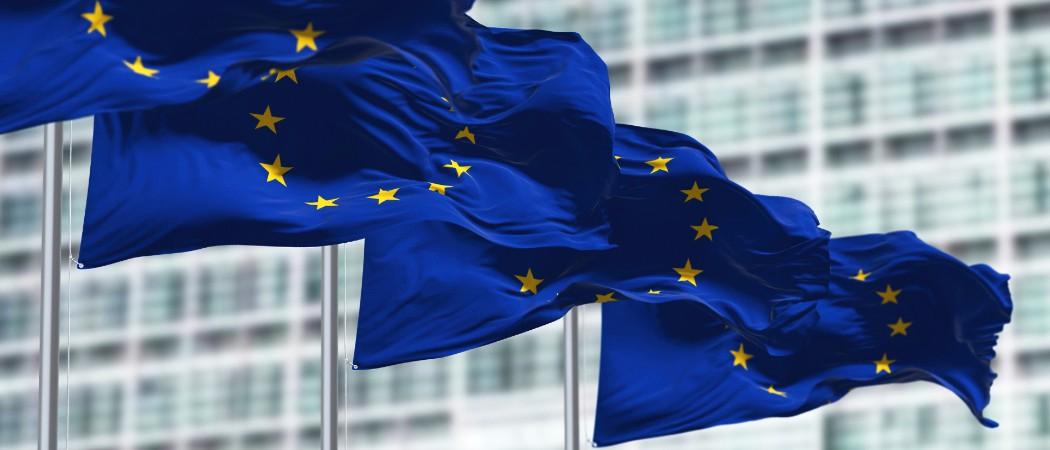As the Commission pumps more money into Green Deal research, MEPs raise concerns after auditors found green spending in previous EU budget was grossly overestimated. Commitment to spend on climate initiatives ‘will be useless if it’s not implemented’, says one MEP

The European Parliament is concerned the EU’s 30% climate-related spending goal is meaningless, after auditors found EU’s green spending in the previous budget may not have been as green as the European Commission claimed.
The concern, raised at a Parliamentary hearing Monday, comes amidst growing charges of hypocrisy levelled by developing-world delegates this week at the COP-27 annual climate conference in Egypt. Leaders of South Africa, Malawi, Botswana and other nations called for “climate justice” from the developed countries – including the EU – most responsible for past greenhouse gas emissions.
As if on a split-screen with Egypt, MEPs back in Brussels grilled the European Commission about an EU Court of Auditors’ report in May questioning the bloc’s climate spending.
In the report, the auditors’ deemed the Commission’s reporting on climate spending between 2014 and 2021 was unreliable. During the period, 20% of the EU budget was meant to be committed to climate-related projects across the EU’s agriculture, cohesion, research and other programmes. But of the €216 billion said to have been spent on climate mainstreaming, around €72 billion, a third, marked as climate spending was “unduly recorded” the auditors.
MEPs are worried that the bloc’s ambitious goals won’t be met if the money is not translated into impact, even with one third of the EU’s €1074.3 billion seven-year budget going into green policy related projects. This includes the €95.5 billion research and innovation fund, Horizon Europe, which has an even more ambitious, 35% spending target for climate mainstreaming.
And the money is limited. Nicolae Ștefănuță, the Parliament’s rapporteur for next year’s budget, raised concerns about how the already overstretched EU budget, hit by crisis after crisis which has diverted money from long-term goals, will even be able to keep its promise of spending 30% on environment and climate action. “If every single time there is a crisis we use the money for something else than what it was meant for, we end up in a situation where we lie to ourselves and we don’t get to the targets we want,” he warned the Commission.
All this while the EU’s funds are in flux. In recent months, MEPs have been defending the Horizon Europe budget to prevent money being diverted to new policy priorities and a proposed €663 million cut to next year’s funding. The Commission, meanwhile, is working on an “ambitious review” of the seven-year budget to adapt to new problems including inflation and the need to increase defence readiness.
The auditors’ verdict
Most of the overestimation of green spending, of €60 billion, is linked to agriculture funds, but there were faults in the Horizon 2020 seven-year research programme too. These included inconsistencies between which projects count as green and weak justifications for their ‘greenness’ attributes. Of 24 sample projects, nine were found to have faults. The sample alone overestimates spending by around €300 million, or 1% of total Horizon 2020 climate-related funding.
The Commission says the reporting under the EU budget, of which 30% will now go to climate mainstreaming, will be assessed according to expected impact rather than intent and that this will improve reporting.
But the auditors, along with MEPs, are not convinced. “Despite the proposed improvements in reporting ideology, most of the issues reported for 2014-2020 remain. We therefore expect to see limited improvements in the 2021-2027 climate reporting,” Joëlle Elvinger, member of the European Court of Auditors, told MEPs on Monday.
When it comes to green spending, MEPs underline that this time the stakes are higher than ever. The EU’s €723.8 billion recovery fund, which tops-up the regular EU budget, has an even higher climate ambition, committing 37% of the budget to climate mainstreaming. “The European Parliament negotiated very hard for the Recovery and Resilience Facility legislation to oblige countries to spend at least 37% of the money allocated to them for supporting climate objectives,” said MEP Michal Wiezik. “This will be useless if it’s not implemented.”
Money also remains at the top of the COP-27 agenda, as developing countries demand climate financing commitments from the global north to help cut their greenhouse gas emissions and deal with the impact of climate change. A report prepared by climate economist Lord Stern ahead of climate conference estimated $2 trillion a year may be needed by developing countries to address climate change by the end of the decade.
During her speech in Sharm el-Sheikh today, Commission president Ursula von der Leyen said the EU is providing ‘its fair share of the $100 billion promise’ and called on the rest of the global north to follow suit. “It is doable and we call on others to step up too,” she said





 A unique international forum for public research organisations and companies to connect their external engagement with strategic interests around their R&D system.
A unique international forum for public research organisations and companies to connect their external engagement with strategic interests around their R&D system.